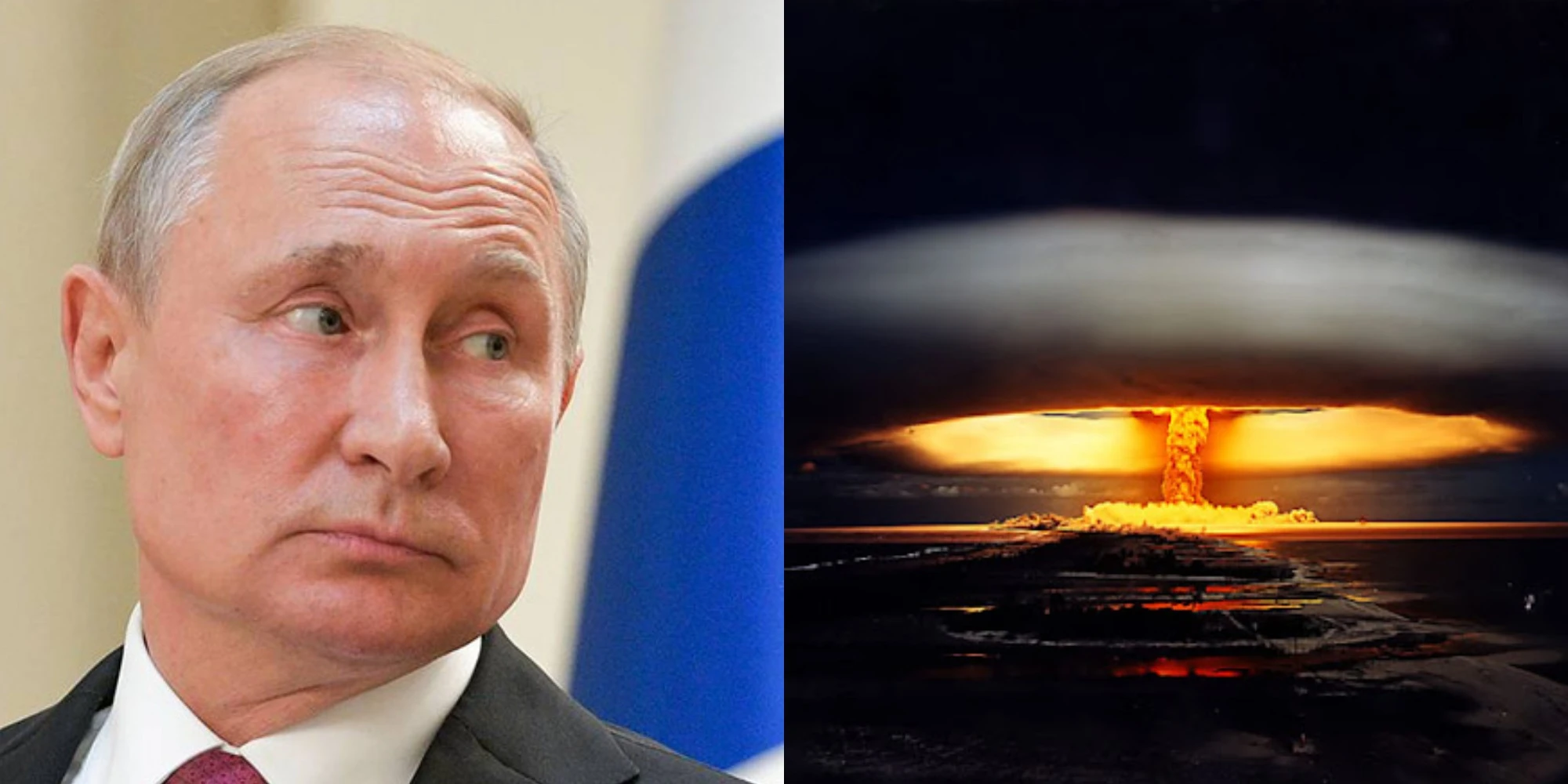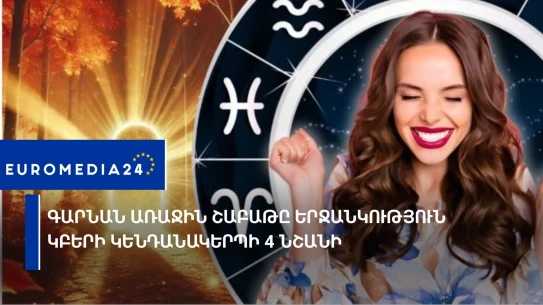Excerpts from the main state policy of nuclear deterrence of the Russian Federation
of the principles, which were approved by Russian President Vladimir Putin on November 19, 2024.
General Provisions
1. These basic principles are a document of strategic planning in the field of defense and reflect the official views on the nature of nuclear deterrence: they determine the military threats, the neutralization of which is the goal of nuclear deterrence, as well as the principles of nuclear deterrence and the conditions under which the Russian Federation will switch to the use of nuclear weapons. The main principles of nuclear deterrence are:
2. Guaranteed deterrence of a potential adversary from launching aggression against the Russian Federation and/or its allies is among the state's priorities. The definition of aggression is ensured by the entire combined military power of the Russian Federation, including its nuclear weapons.
The essence of nuclear deterrence
9. The Russian Federation exercises nuclear deterrence against a potential adversary, which is understood as individual states and military coalitions (alliances) that consider the Russian Federation a potential adversary and have nuclear and/or other types of weapons of mass destruction, or significant combat potential.
Nuclear deterrence also applies to states that provide territory, airspace and/or maritime space under their control, as well as resources to prepare and carry out aggression against the Russian Federation.
10. The aggression of any member state of the military coalition (alliance, alliances) against the Russian Federation and/or its allies is considered the aggression of that coalition (alliance, alliances) as a whole.
11. Aggression against the Russian Federation and/or its allies by any non-nuclear state with the participation or support of a nuclear state shall be considered their joint attack.
Conditions for the transition to the use of nuclear weapons by the Russian Federation
18. The Russian Federation reserves the right to use nuclear weapons in response to the use of nuclear weapons and/or other types of weapons of mass destruction against itself and/or its allies, as well as the Russian Federation and/or the Republic of Belarus as a member of the Union State. against them in the event of aggression using conventional weapons, aggression that poses a critical threat to their sovereignty and/or territorial integrity.
19. The conditions determining the possibility of nuclear employment by the Russian Federation are as follows.
a) receiving reliable information about the launch of ballistic missiles attacking the territories of the Russian Federation and/or its allies;
B) use of nuclear or other types of weapons of mass destruction by the enemy against the territories of the Russian Federation and (or) its allies, military units and (or) facilities located outside the borders of the Russian Federation;
c) an enemy attack on the most important state or military facilities of the Russian Federation, the inoperability of which will lead to the disruption of retaliatory actions by nuclear forces;
d) Aggression with the use of conventional weapons against the Russian Federation and (or) the Republic of Belarus as a member of the Union State, which creates a critical threat to their sovereignty and (or) territorial integrity;
e) obtaining reliable information about the mass launch (flight) of aerospace attack weapons (strategic and tactical aircraft, cruise missiles, drones, hypersonic or other aviation vehicles) and crossing the state border of the Russian Federation.
20. The decision on the use of nuclear weapons is made by the President of the Russian Federation.


